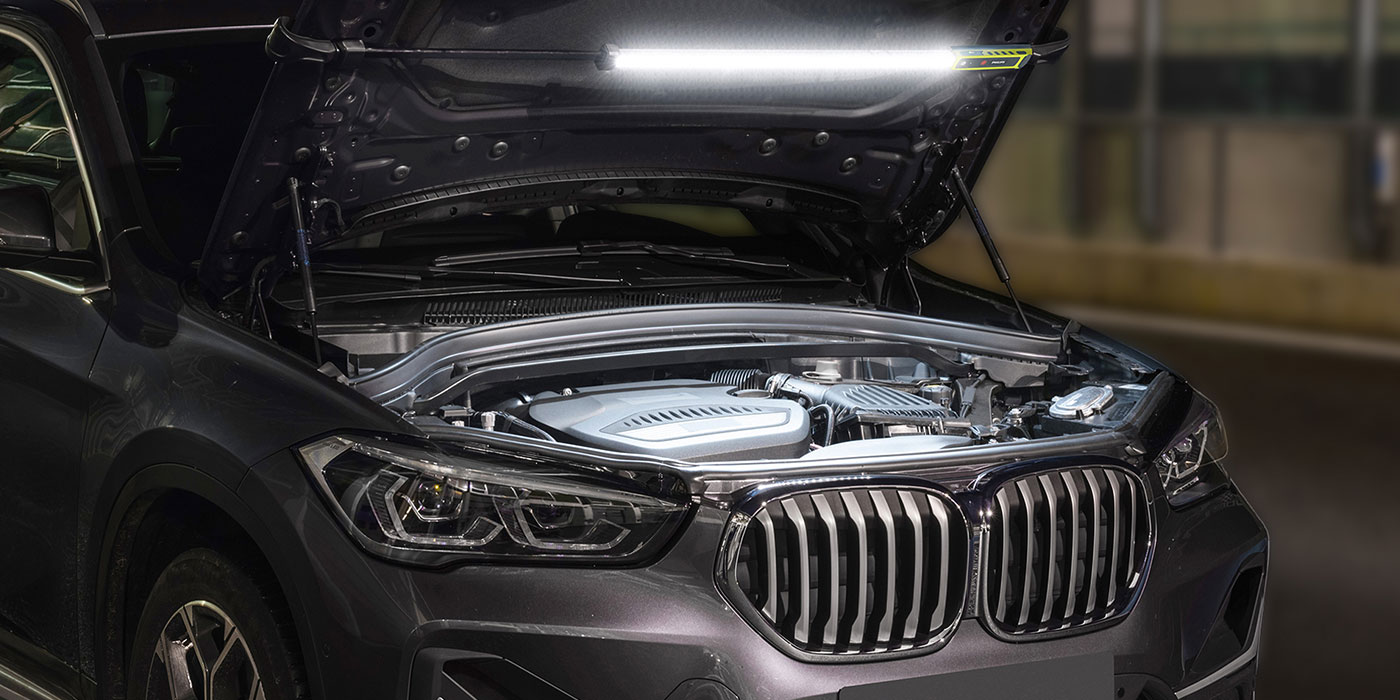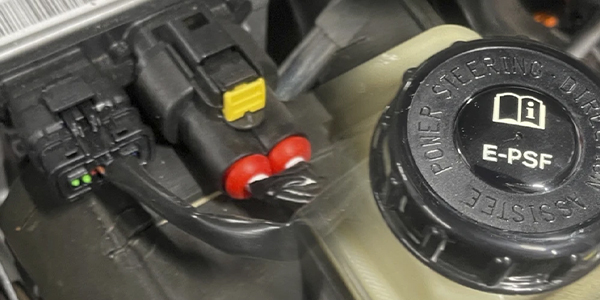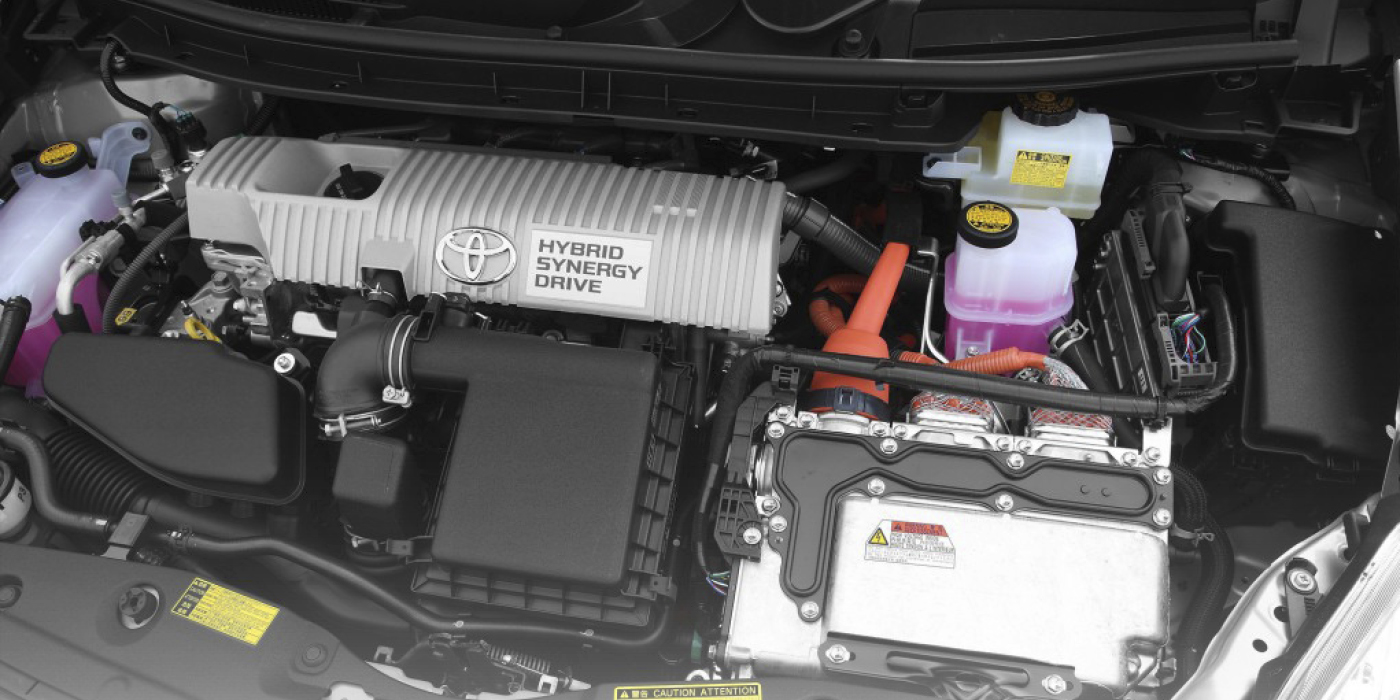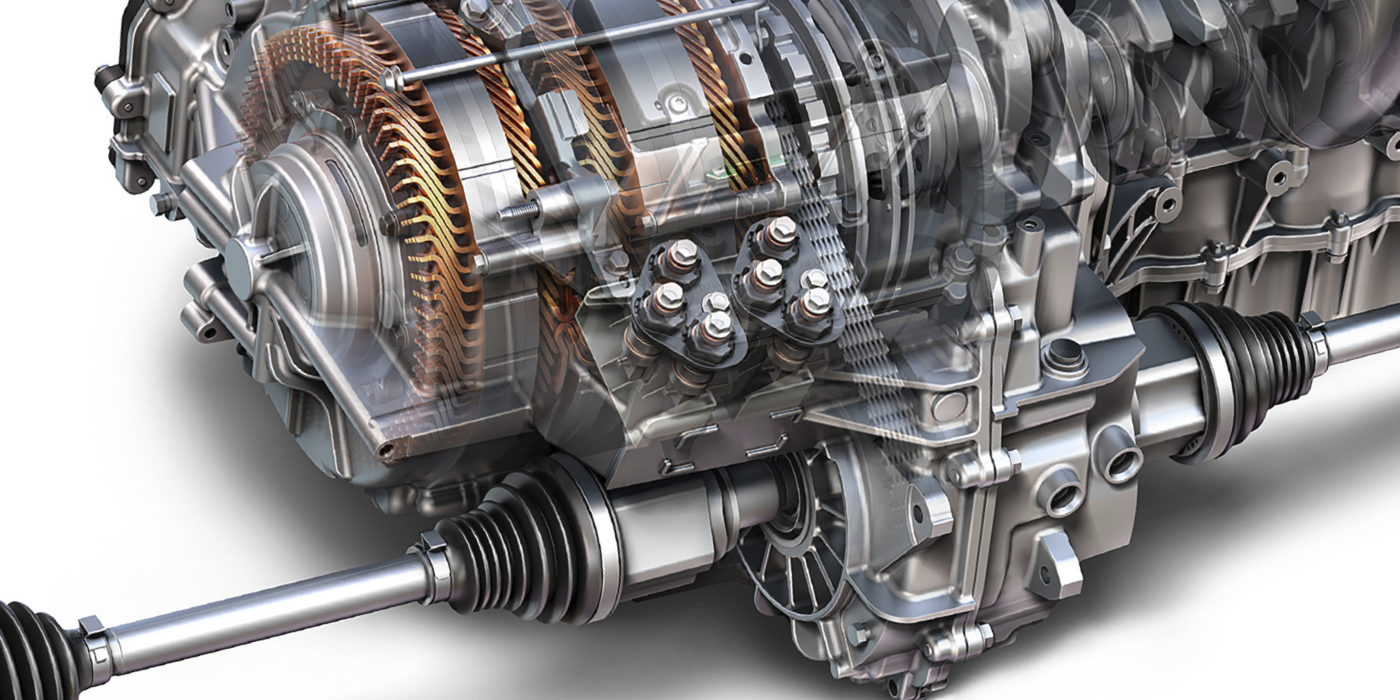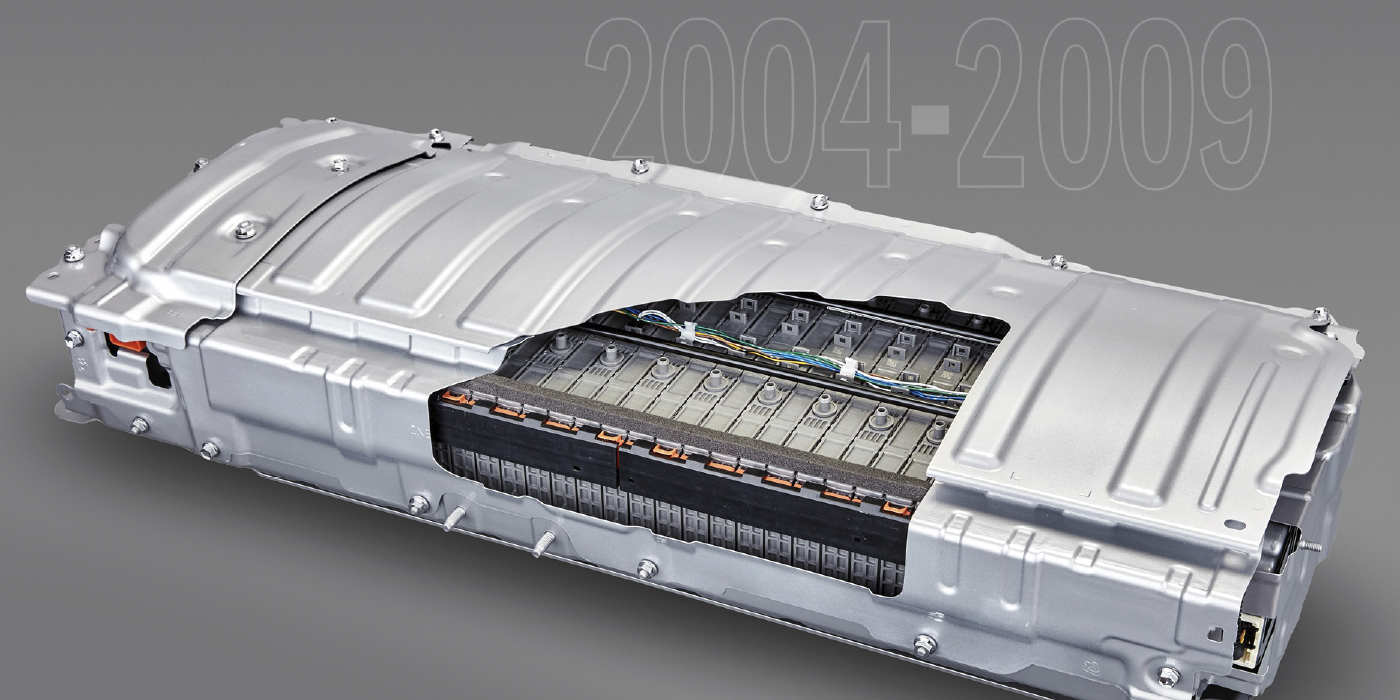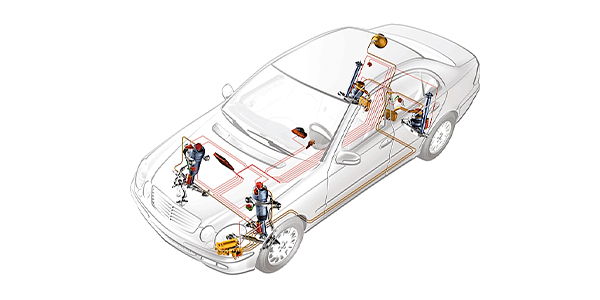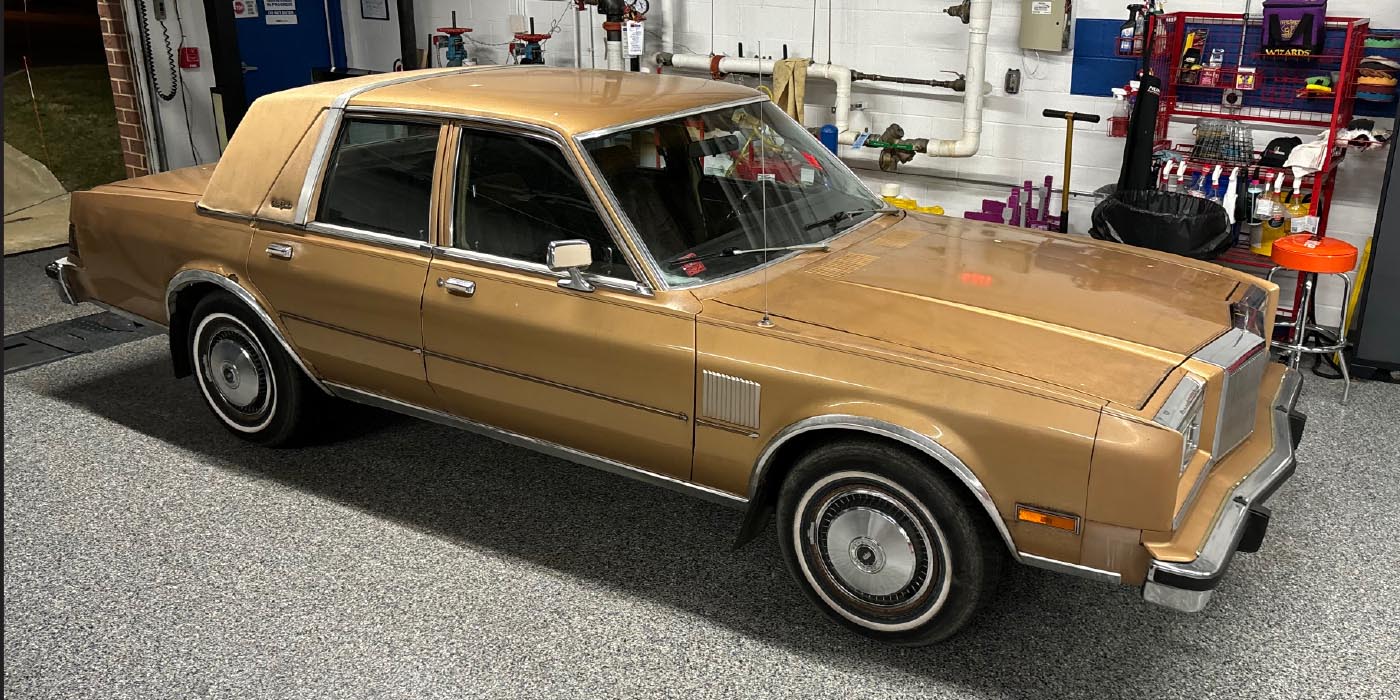Higher gas prices and the weather set the tone for business in April.
How was business at your shop?
Once again, I’ve reached out to Nick Mitchell, senior vice president of research at Northcoast Research, an independent, full-service institutional equity research and trading firm headquartered in Cleveland, OH, for insights from its monthly research study.
According to Northcoast Research, the shops in its survey sample experienced a slowdown in business for April.
One of the main factors that can influence the interpretation of data is the business condition from the previous year. Fortunately or unfortunately, depending on how you want to look at it, April 2010 was a nice month.
Gas prices in April 2010 were much lower than they are now and the month also got started with some nice spring weather. These two factors accounted for some good numbers and, thus, a tough comparison for April 2011.
This April, the weather had a negative impact on conditions with half the markets being tracked reporting an increase in precipitation and many markets reporting cooler temperatures. Cool weather and rain keep customers at home.
According to Mitchell, “many of the repair shops that saw their sales falter in April also attributed the sales decline to effect of rising gasoline costs. These respondents also pointed to decreases in their average ticket as supporting evidence.”
Another data point tracked by Northcoast Research is the deferral rate of maintenance. This number had been trending lower (good news for you) for the last several months until April. Again, rising fuel prices, which also impact the price of food, are cutting into the household budget.
Northcoast Research measures optimism in the market with its Three-Month Outlook Index, which dropped 18.7% in April after a 9.5% rebound in March. According to Mitchell, “a slow start to May along with the pace at which fuel costs have risen, has brought on a reduced optimism among mechanics.”
Northcoast Research remains positive based on the underlying fundamentals within the automotive aftermarket industry, including the aging of the nation’s light vehicle fleet, and the ability for consumers to fund vehicle repairs if gas prices do not trump the gains that are being experienced on the employment front.
With the topic of high gasoline prices on everyone’s mind, shop owners have a unique opportunity to help maintain their customers’ vehicles for peak performance and the resulting improved gas mileage. It’s important to take the time to educate your customers that simple changes to their car care regimen can boost fuel economy and lengthen the intervals between each fill-up at the pump.
And, getting the best mileage in the short run will be helpful to the family budget in the long run.

